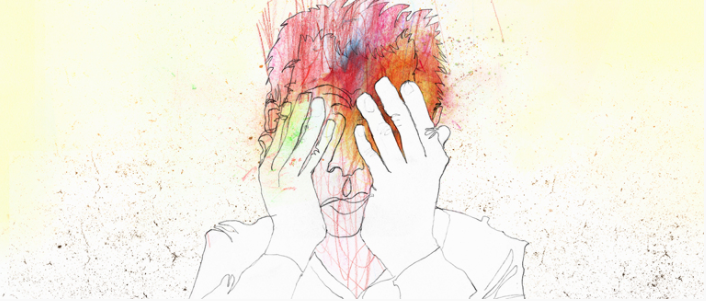Can you recall the most stressful moments in your life?
Everyone has experienced stress — some on a daily basis. But, did you know those moments of stress can weigh on your overall health as you age? Studies have uncovered significant evidence that our emotional past can in fact dictate our future.
According to a recent post from The Family Institute at Northwestern University’s online masters in counseling program, research among Black Americans indicate“there is a growing body of evidence that stress in early life can contribute to risk of dementia later in life.”
The Journal of the Alzheimer’s Association reports that “a single major stressful event in early life was equal to four years of cognitive aging. Black men and women are shown to be most at risk, experiencing over 60 percent more incidents of major stressors than non-Hispanic Whites over their lifetimes.”
There are many contributing factors to stressful events, and each person has their own unique set of issues and concerns. But a common factor among Black Americans is a past full of racial inequality.
Many Black baby boomers, a population at risk of dementia, experienced racism and poverty as children and young adults in the middle of the civil rights movement. Reliving painful moments while stumbling upon new stressors can be very traumatic if not properly managed.
Stress can lead to anxiety, depression, and physical health problems. Long-term stress could cause physical, mental, and emotional exhaustion.
Continued stress associated with the diagnosis of dementia in the patient or caregiver is important to regulate with counseling or self-help methods. According to the Alzheimer’s Association, “living with Alzheimer’s or dementia brings demands to your life that can result in stress. But too much stress can be overwhelming and affect your health and ability to function.”
The Alzheimer’s Association recommends the following techniques for stress management:
- Identify sources of stress in your life, identify triggers of stress, and accept help. For Black Americans, stress could be caused by memories of poverty and racism. Photographs, videos, and songs may help the patient relive positive memories, but may also become triggers. Counselors play a critical role in providing healing power for those recently diagnosed with dementia. Professionals have found multicultural awareness to be necessary while supporting the African American population, specifically with Alzheimer’s or dementia.
- Talk with a trusted family member or friend about your feelings. Sharing experiences with friends and family (especially younger generations) may provide better understanding as to how certain triggers may cause added stress.
- Change your environment. The Victorian Department of Health found by creating a positive home environment for patients with dementia; seniors tend to feel less stressed.
As researchers continue better understanding the relationship between stress management and dementia prevention, counselors can be critical resources for those affected. According to the Alzheimer’s Association, seeking consultation from licensed counselors can provide educational tools as well as support for crisis intervention and complex decision-making related to living arrangements, finances, and quality care. With the help of counselors, those impacted by dementia can receive the assistance they need to help themselves and others.


